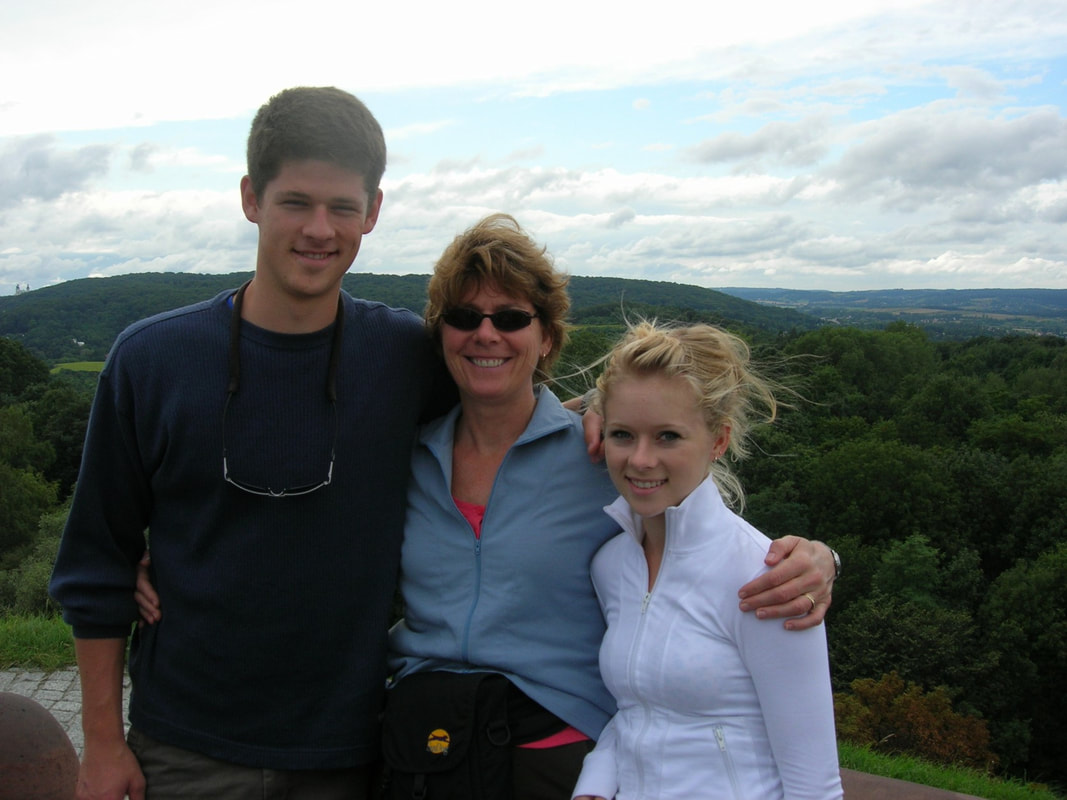I am thankful that our society is getting educated about PTSD and PTSS (Posttraumatic Stress Symptoms). For instance, we are embracing the reality of the type of trauma burdening the minds of our soldiers returning from Iraq and Afghanistan wars. It was just a few years before his recent death that Dick, one of my dearest friends, talked to someone at the VA about his deep-rooted nightmares associated with his service in Korea and Vietnam.
We all live with an inability to cope at times. Bessel van der Kolk[1] is a Dutch psychiatrist who has been studying trauma since the 1970’s and his work has deconstructed the concept of PTSD and the ability to cope with trauma. He defines trauma as “something that overwhelms your coping capacities and confronts you with the thought: “Oh my God, it is all over, and there is nothing I can do. I am done for. I may as well die.” van der Kolk states that people who experience significant trauma live with the reactions that arise from the disappearance of one’s ability to cope with distress. A loss of pleasure and meaning in life, increased aggression towards self and others, depression, suicide attempts, heart and lung diseases to name a few. Not everyone who experiences horrendous events develop trauma symptoms and those that do can temporarily or permanently suffer the consequences.
Ten years ago, after 25 years of marriage, and my two-year-long divorce was finalized, I moved across the country to be with an old college love. Both of my adult children suddenly stopped engaging with me. My experience of being shunned by my children produced a trauma reaction in me. Initially, I was confused and in disbelief, because it did not seem real, it could not be real. I attempted to gather information to understand what was going on with my kids. Phone calls were ignored, texts and emails were unanswered. Radio silence. Anxiety and fear became stalkers in my life, sending shocks to my nervous system with random frequency. I medicated my anxiety with alcohol which led to more self-sabotaging behaviors such as angry outbursts with my partner who was attempting to support me, not knowing how to comfort a rabid animal. I isolated myself in a world I believed no one could understand. As the years went on, I found myself saying to my loved ones, “I’m getting better” because I was, just not with a sense of confidence in my progress. I recently confessed to a few friends that I struggled with not wanting to live for a long time. I could not imagine recovering from such a primal loss.
I am not saying that I experienced PTSD or trying to associate my experience even loosely with that DSM-5 diagnosis. What I am saying is that when I read about the uniqueness of trauma memories and their nature to immediately affect the present moment with a flood of mind and body symptoms, I knew I was experiencing the horror of trauma. While I was in the process of neutralizing thoughts and feelings and triggered memories of my children (which happened with great frequency for too many years), I know that my stress response was in hyperdrive. The prolonged traumatic stress reaction was a normal reaction to an abnormal circumstance. I felt the loss of life having a meaning which gratefully functioned to ultimately develop a new perspective for myself.
Too often I felt sick and weakened during those 10 years of managing the horror of alienation by my children. The trauma symptoms felt like a chronic illness that vacillated between an emotional crisis and crisis recovery. I lived an exhausted life. I could not sleep well as I could not control the constantly recurring thoughts. Not having any opportunity to shift my children’s decision to estrange themselves from me impacted my sense of self-control over what was happening to me. Feeling helpless and hopeless, I lost my definition as “Mama” and a huge part of how I defined my Self. I had wholeheartedly embraced my unconditional motherly love for them, and ultimately, I had to brokenheartedly accept the disillusionment released by the estrangement.
Introspection can be a double-edged sword. Too much can lead to over-analysis, self-consumption, deepening the groove on the record of negative and distorted thinking. Just the right amount can cultivate a new attitude.
van der Kolk’s wisdom includes learning to manage your anxiety and distinguishing between real and imagined fears as a way to combat your sense of emotional helplessness. Anxiety management activities, such as breathing exercises and yoga, are essential as ways to calm your body and therefore your mind.
In your gentled mind, you can learn to observe yourself as a passenger of a train looking outside the train window. I could see the memories of my children, joyful and painful, moving past me as the train moved forward. I just watched as the pictures moved by, with me going forward on the train tracks. Feelings of anger and sorrow bubbled up and I said to myself that I had a choice as to whether I wanted to place these memories inside of my traveling bag or whether I would let them pass by and leave them as I traveled on the train advancing forward on the tracks. I decided which memories to keep that were sweet or made me laugh.
Confucius said, “Your Life is What Your Thoughts Make It”. My new attitude included continued practice with a method called stop-thinking followed by distraction.
1. I caught myself thinking about my children.
2. I realized I was at the crossroads of a choice.
3. I decided to choose to not think about them.
4. I decided to substitute a thought that was positive in any way.
5. Or, I decided to do something different from what I was presently doing in the moment.
6. Practice the stop-thinking technique until you have moved through the feelings.
The goal of this exercise was to bump the needle out of the well-worn groove on the record of negativity and begin playing the record in the groove of positive thinking. I realized that I was allowing the thief of negative thinking to steal my precious sentiments and leave me with foul-smelling garbage. I had to stop retraumatizing myself with my defeating thoughts and have compassion for myself as the human being that I am. I had to stop it.
Brene Brown[2] defines vulnerability “as uncertainty, risk, and emotional exposure. Waking up every day and loving someone who may or may not love us back…who may stay in our lives or may leave without a moment’s notice…that’s vulnerability”. In motherhood, I gave myself up to vulnerability as I have never done before or since. Without any consideration, I took a risk I did not know I was taking because I loved my children so dearly. My devotion was automatic.
I have scars from my terrifying estrangement because I have lived and loved my children deeply. I came to believe that I deserved the release from any further parental responsibilities to children who did not want me in their lives. This included any thoughts or memories that I did not wish to keep. I can now remember them during the years when they did love me. With continued practice, I now have the recordings of music from the positive groove of the record that calms me and gives me peace of mind. I found ways to live with my loss.
[1] Bessel van der Kolk, “Trauma in the Body: Interview with Bessel van der Kolk”, https://www.stillharbor.org/anchormagazine/2015/11/18/trauma-in-the-body , (November 18, 2015).
[2] Kate Torgovnick May, “5 Insights from Brene Brown’s New Book, Daring Greatly, Out Today”, https://blog.ted.com/5-insights-from-brene-browns-new-book-daring-greatly-out-today , (September 11, 2012).

 RSS Feed
RSS Feed 